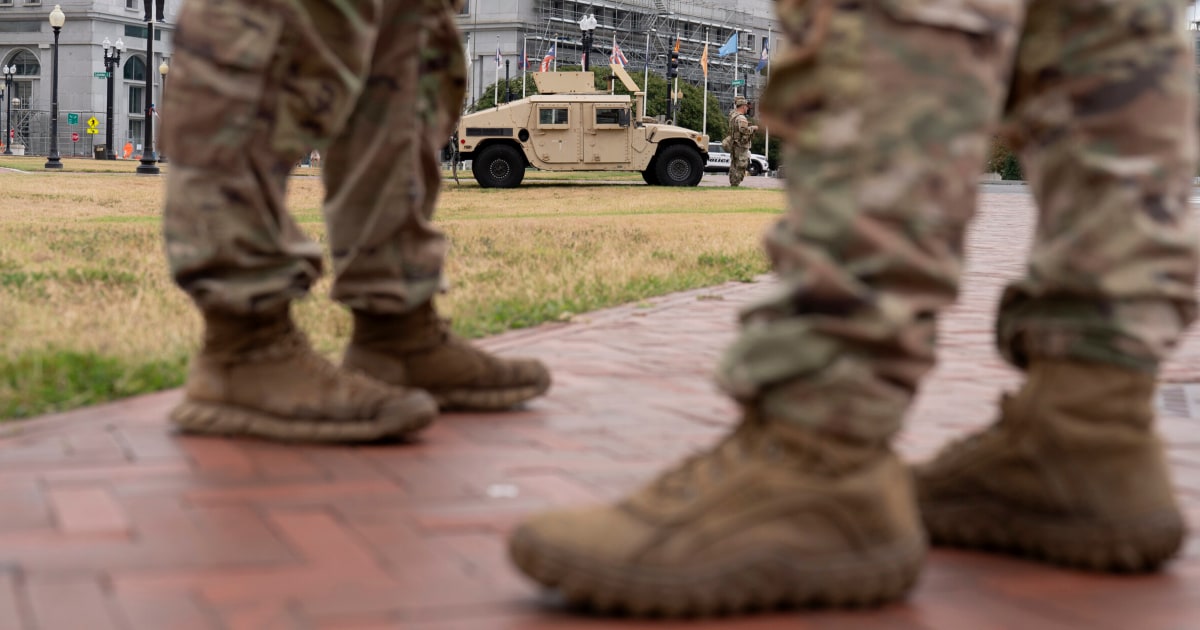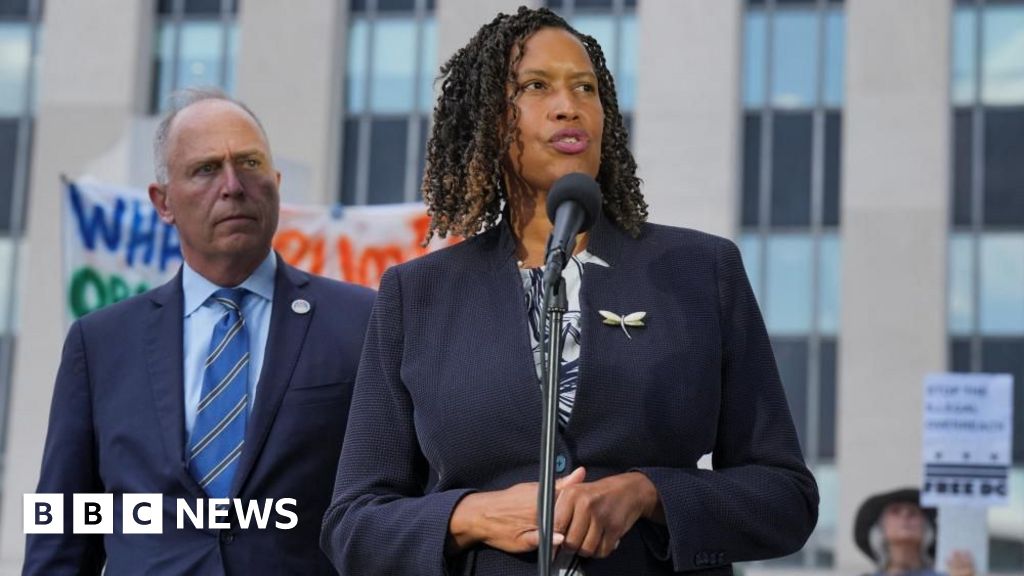Federal Overreach and Individual Rights: A Case in D.C.

Introduction
In a federal courthouse in Washington, D.C., tensions over the potential for federal overreach erupted during a recent case. Judges pushed back against criminal charges, sparking a debate over the legality of certain search methods. The case has brought to light the issue of individual rights and government authority, with both sides fiercely defending their positions.
The Case Details
The case centered around a search conducted by federal agents, which resulted in the discovery of evidence that led to criminal charges. However, the defense argued that the search was conducted without a proper warrant and violated the Fourth Amendment. This sparked a heated debate between the prosecution and the judges, with the judges ultimately pushing back against the charges and questioning the legality of the search.
The Impact
This case has significant implications for the future of criminal investigations in D.C. and beyond. It highlights the need for a careful balance between individual rights and government authority, and the potential consequences of overreaching. As the debate continues, it is clear that judges are standing up for the rights of individuals and pushing back against any potential overreach by the government. This case serves as a reminder to carefully consider the boundaries of government power and the importance of protecting individual rights.
About the Organizations Mentioned
World Health Organization
The World Health Organization (WHO) is a specialized agency of the United Nations, established in 1948, with a mandate to promote global health, coordinate international responses to public health threats, and set standards for health policies and interventions[2]. Headquartered in Geneva, Switzerland, WHO operates in over 150 countries, working with governments, NGOs, and other partners to advance health equity, strengthen health systems, and respond to health emergencies. ## What WHO Does WHO’s core activities include monitoring global health trends, setting international health standards, providing technical assistance to countries, and serving as a forum for scientific and policy discussions on health issues[2]. The organization publishes influential reports such as the annual **World Health Statistics**, which tracks progress toward Sustainable Development Goals (SDGs) and provides a global “health report card”[1][8]. WHO also maintains the Model List of Essential Medicines, guiding countries on which drugs are most critical for public health[7]. In addition, WHO leads global campaigns on issues ranging from infectious disease eradication to noncommunicable diseases (NCDs), maternal and child health, and health emergencies[2][6]. ## History and Key Achievements WHO’s history is marked by landmark achievements, including the eradication of smallpox, near-eradication of polio, and the development of an Ebola vaccine[2]. The organization played a pivotal role in responding to the COVID-19 pandemic, coordinating global research, vaccine distribution, and public health guidance. In May 2025, WHO member states adopted the world’s first **Pandemic Agreement**, a historic step to improve international coordination and equity in future health crises[4]. WHO also spearheads initiatives like the Triple Billion Targets (healthier lives, universal health coverage, and protection from health emergencies) and technical policy packages targeting tobacco, alcohol, salt, and trans fat reduction[1][2]. ## Current Status and Notable Aspects WHO is currently implementing its **Fou














